detail profile ko hsiang ting
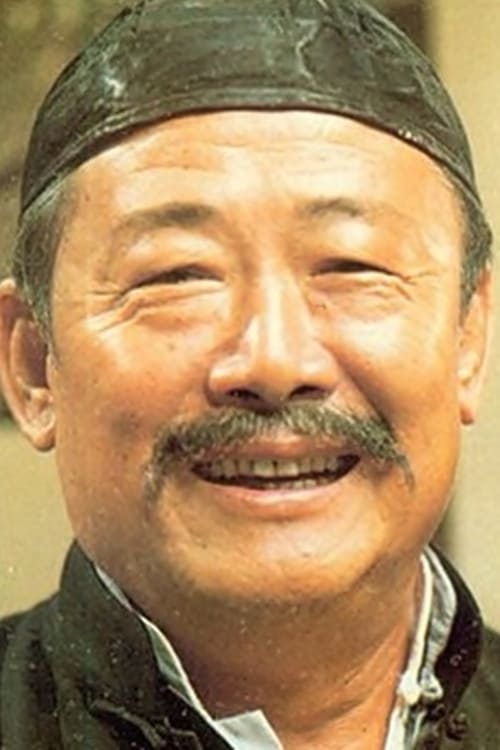
Ko Hsiang-Ting
Xiang-Ting Ge
atau dikenal sebagai
Peran Yang Di Mainkan Ko Hsiang-Ting
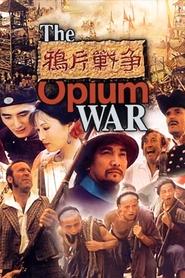 The story of the Opium War...
The story of the Opium War...The Opium War 1997
The story of the Opium War between China, in the waning days of the Qing Dynasty, and the British Empire, in the 1830s, and the subsequent takeover of Hong Kong by Britain; through the eyes of the key figures, fiercely nationalistic Lin Zexu, and opportunistic British naval diplomat Charles Elliot.
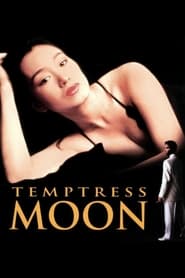 Set in the decadent 1920s Temptress...
Set in the decadent 1920s Temptress...Temptress Moon 1996
Set in the decadent 1920s, Temptress Moon tells the very complicated story of a wealthy family living on the outskirts of Shanghai. Their youngest daughter, Ruyi, is brought up as a servant to her opium-addicted father and brother. Meanwhile, her brother-in-law Zhongliang has a successful, if illegal, career seducing and blackmailing married women in the city. When he comes to Ruyi's home the two fall in love, and trouble ensues.
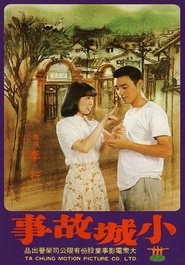 The film revolves around a family...
The film revolves around a family...The Story of a Small Town 1980
The film revolves around a family living in a small town. Kenny Bee plays the male family member who is released from prison and falls in love with a mute woman (Lin Feng-jiao).
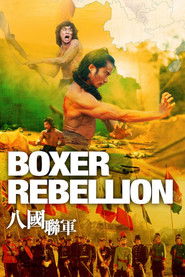 Three young martial arts brothers played...
Three young martial arts brothers played...Boxer Rebellion 1976
Three young martial arts brothers, played by Chi Kuan-chun, Alexander Fu Sheng and Leung Kar-yan, go in search of fellow patriots dissatisfied with Imperialist foreigners and wind up joining a rising sect of the Boxers, led by an opportunistic conman. Named as such for their use of martial arts, these boxers are revolutionaries who believe that spirits protect their bodies from foreign guns. They even dupe the Empress Dowager, who gives them her royal blessing to fight the foreigners.
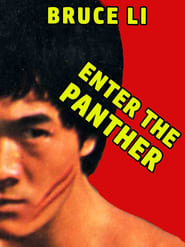 To gain control of a gold...
To gain control of a gold...Conspiracy 1975
To gain control of a gold mine, the owner Ho Kwai-Shan is poisoned by the Lee family. His daughter Yu-Ling is staying with her uncle at his martial arts school and was due to return home. Just before she leaves, the masters son, Sha Yu-Lung, returns home to teach at his a fathers school. Sha is given the task of taking Yu-Ling home but she takes an instant disliking to him
 At her fathers deathbed Little Flower...
At her fathers deathbed Little Flower...The Supergirl of Kung Fu 1975
At her father's deathbed, Little Flower swears she will travel to Shanghai to locate his top students, Mercury and Stone, to revive the Ching Wu Men to beat back the Japanese still in the PRC.
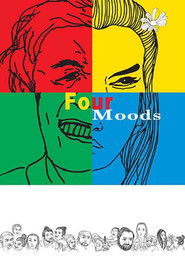 Directed by some of most well...
Directed by some of most well...Four Moods 1970
Directed by some of most well known Chinese-language directors of the time, the portmanteau film Four Moods was an attempt to alleviate Li Han-hsiang’s financial troubles during the late 1960s. Arguably one of his best works, King Hu’s short Anger is an adaptation of the famous Peking opera San Cha Kou; set to opera instrumentation and stylishly shot, the film deftly captures the tense showdown between political schemers, avengers and vagabonds inside an inn. Li Han-hsiang’s Happiness, inspired by the Strange Tales of Liaozhai, tells a tale of reprieve for a kind-hearted ghost, while Pai Ching-Jui’s Joy and Lee Hsing’s Sadness both explore the fateful encounters between mortal men and ghostly women.
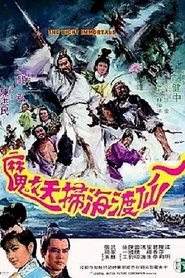 Fantasy adventure depicting the famous Eight...
Fantasy adventure depicting the famous Eight...The Eight Immortals 1969
Fantasy adventure depicting the famous Eight Immortals of Taoist mythology.
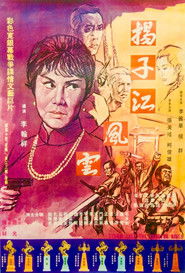 Storm over the Yangtze River tells...
Storm over the Yangtze River tells...Storm Over the Yangtse River 1969
Storm over the Yangtze River tells the true story of undercover intelligence agent "Yangtze Number One" and his colleagues in Jianli County of Hubei Province, who risk their lives to carry out the "Dead Bridge Plan" to secure the "Yangtze 180 Blockade". Li Lihua gives an iconic performance as a strong and charming agent of an intelligence unit, engaging in a risky mission to save her unit chief-cum-lover, who is regarded as a traitor but actually is a double-dealing agent against the Japanese occupation. The film garnered four awards at the 1969 Golden Horse Awards, including Best Leading Actor and Best Leading Actress.
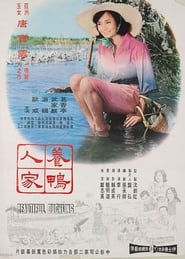 Hsiaoyueh and her widowed father receive...
Hsiaoyueh and her widowed father receive...Beautiful Duckling 1965
Hsiao-yueh and her widowed father receive a flock of genetically-improved ducks from the state agricultural council to participate in a breeding experiment.
 Three inmates in an asylum tell...
Three inmates in an asylum tell...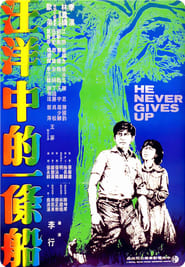 Have no other info than it...
Have no other info than it...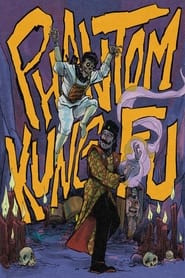 A ruthless warlord is using his...
A ruthless warlord is using his...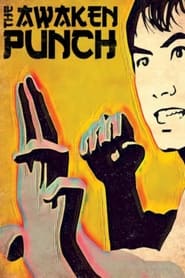 A man takes on a gang...
A man takes on a gang...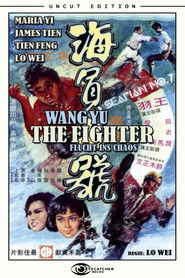 When a sailor accidentally kills a...
When a sailor accidentally kills a... A recently jailed martial arts master...
A recently jailed martial arts master...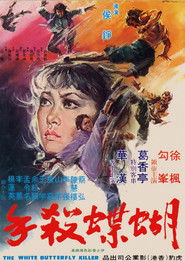 A girl who witnesses the brutal...
A girl who witnesses the brutal...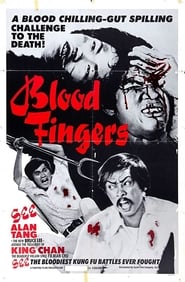 A pair of highly skilled fighters...
A pair of highly skilled fighters...